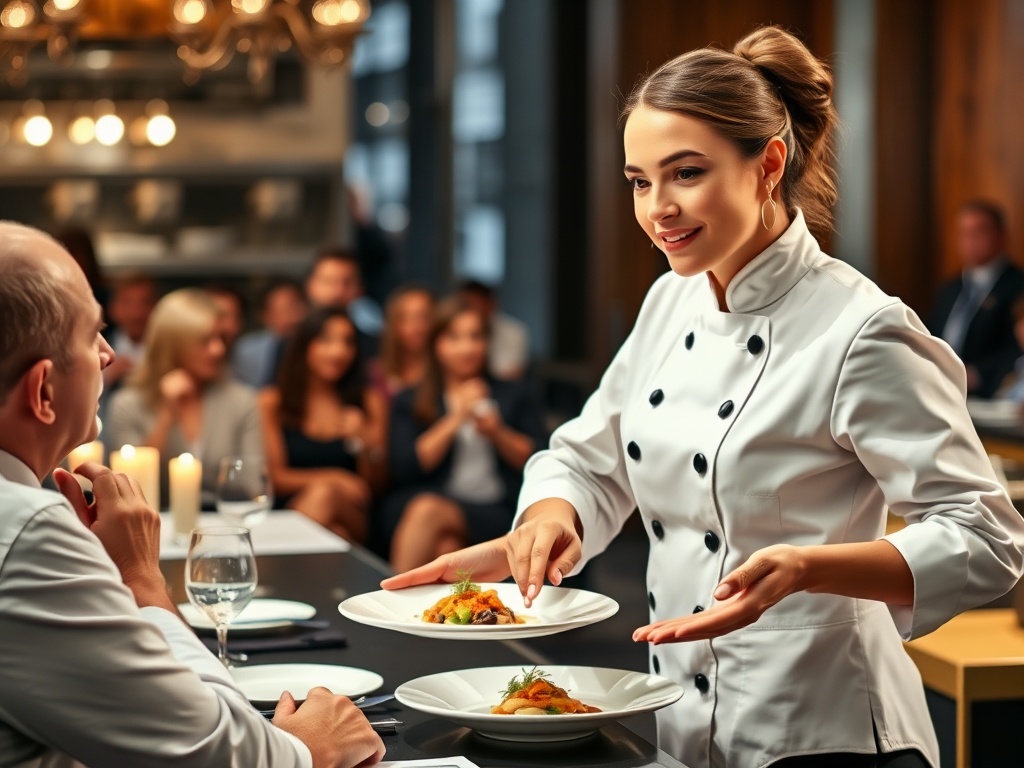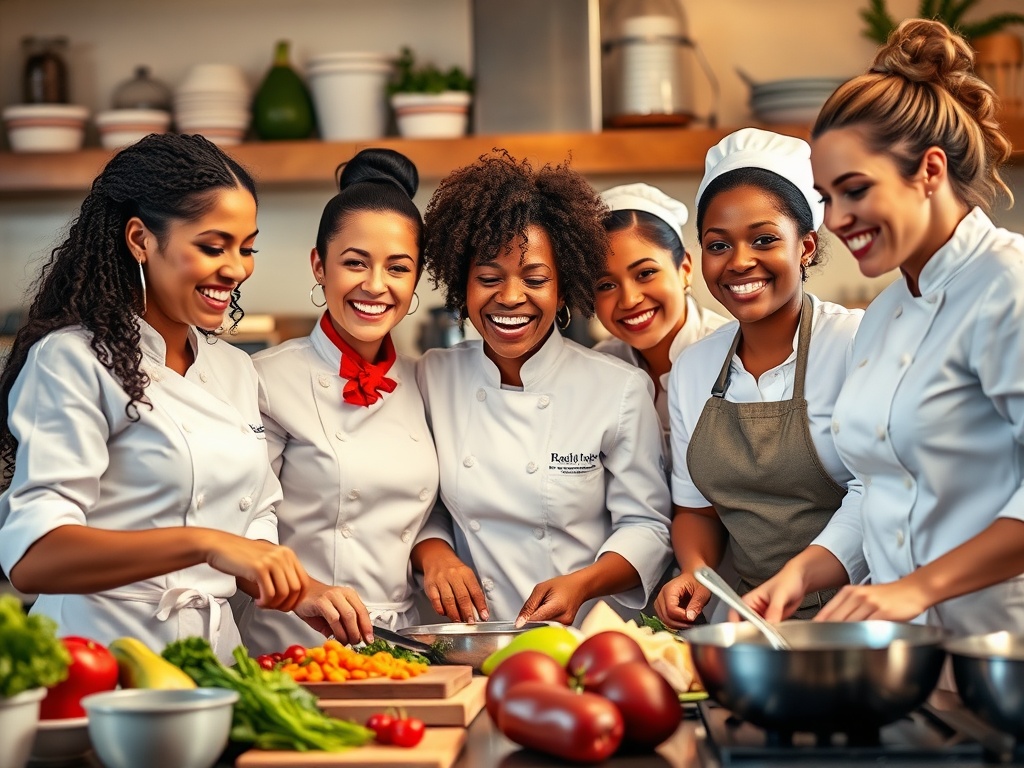The Rise of Women in the Culinary World

This week marked a pivotal moment in the culinary industry, as two weeks of unsettling discussions culminated in a powerful outcry from women working in restaurants, both in the kitchen and front of house. These women are coming together to raise their voices against the pervasive sexism and sexual assaults that have long plagued the industry.
Firstly, the release of the 2025 Michelin Guide was met with disappointment, showcasing a disheartening lack of recognition for women chefs. Just a week later, when asked about the existence of sexism in the food world, renowned chef Jason Atherton dismissed the issue, stating, “I think there’s too much focus on the negative side of our industry, rather than celebrating the fact that anyone can thrive, regardless of gender.” He further added, “It’s fully accepted that we’ve moved beyond the past. The more we dwell on it, the more we cling to it.”
This sparked outrage on social media and gave rise to a WhatsApp group initiated by chefs Dara Klein and Sally Abe. This group serves as a supportive network for women in the culinary field, facilitating conversations about the pressures they face. Restaurant writer Jo Taylor collaborated with this group of 70 women chefs to draft a letter addressed to the industry, highlighting that the overwhelming majority of women have experienced sexism, bullying, or sexual abuse during their careers in kitchens or front-of-house roles.
Reflecting on my own experiences, I realize how fortunate I have been. The male colleagues I worked alongside in kitchens were largely supportive and respectful—they shared their knowledge and assisted me with physically demanding tasks, such as lifting heavy pots of stock or 20kg bags of rice. I felt secure in my skills and earned the nickname “The Assassin” for my precise knife skills and my proficiency in butchery. Throughout my career, I have been incredibly lucky to work in establishments that uphold strong ethical standards. Standing at 5ft 10in, I have always been outspoken and assertive, often jumping in before anyone else could make a comment. While this might be seen as an annoying trait, it seems to have shielded me from negative experiences.
In stark contrast, the celebrity chef circuit and the business of running restaurants have often resembled a horror story.
When I transitioned to becoming a restaurant owner, everything changed. Each time I attempted to voice my opinions or concerns, I was met with dismissive comments like “wailing like a banshee,” “hysterical,” or “losing my mind.” I was frequently asked if I was “on the blob,” leaving me feeling infantilized and undermined, as though I were a little girl throwing a tantrum. This reputation became a burden I had to bear.
I openly acknowledge my tendency to be hot-headed. I once lost a job due to an outburst in the kitchen—a reaction I witnessed male chefs exhibit without consequence. While my behavior was not excusable, it was clear that I was treated differently solely because I am a woman.
The media landscape proved to be the most challenging of all.
I have always faced questions regarding my identity as a female chef. While I take pride in that label, it quickly becomes frustrating when my entire career is distilled down to just that. Journalists often inquired about my marital status or whether I had children, and I found myself being compared to Nigella Lawson, someone I deeply admire, yet whose career path is entirely different from mine. A close friend, a well-known chef, recently praised me for wearing a chef’s jacket at an event, perhaps viewing me primarily as a media cook, despite my extensive experience in the kitchen. Although I appreciate his support, the underlying message was clear: as a woman, I am seen as a cook rather than a chef. During a live television appearance, an older chef remarked on my listening skills, erroneously assuming I was merely a presenter and not his equal. I chose to remain silent, suppressing my frustration.
The professional undermining I faced was one issue, but the sexual harassment I encountered was altogether another matter.
Within the celebrity chef realm, I observed two distinct types of male chefs: those who are devoted family men and those who lead chaotic lives, often acting irresponsibly. I experienced inappropriate behavior from these so-called “man-children.” Groping and unsolicited explicit messages became alarmingly common; I have received so many inappropriate images from famous chefs that I have developed an immunity to such actions.
Some chefs had such notorious reputations that production teams would caution me against being alone with them. While I agree with Atherton that the culture is evolving, he must recognize that it is not his place to speak for all female chefs. By doing so, he diminishes the individual struggles of those women who have endured abuse. True equality in kitchens will only be achieved when more women occupy senior positions and when they are given equal opportunities to earn Michelin stars.




